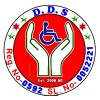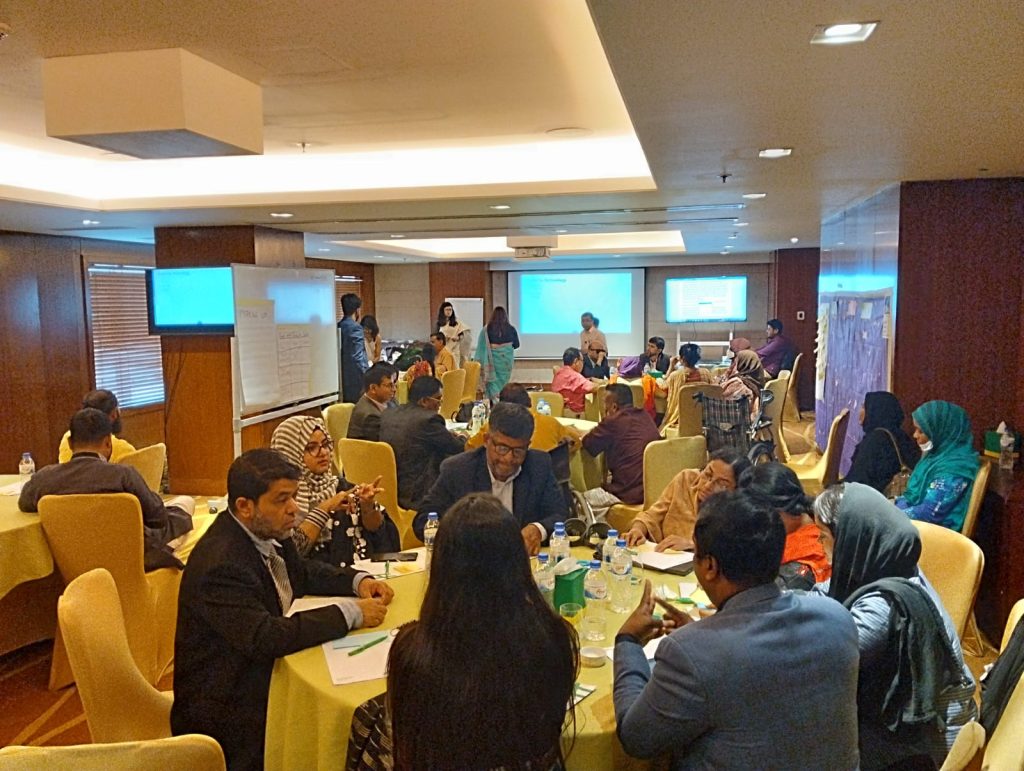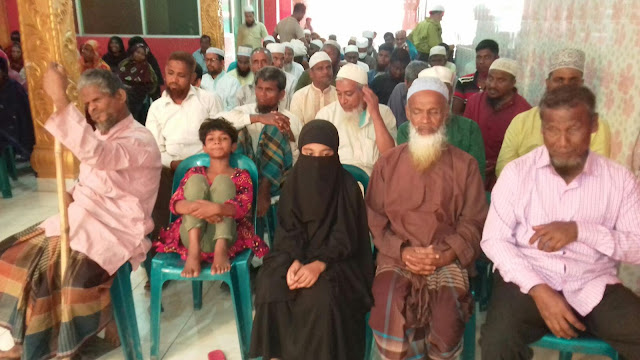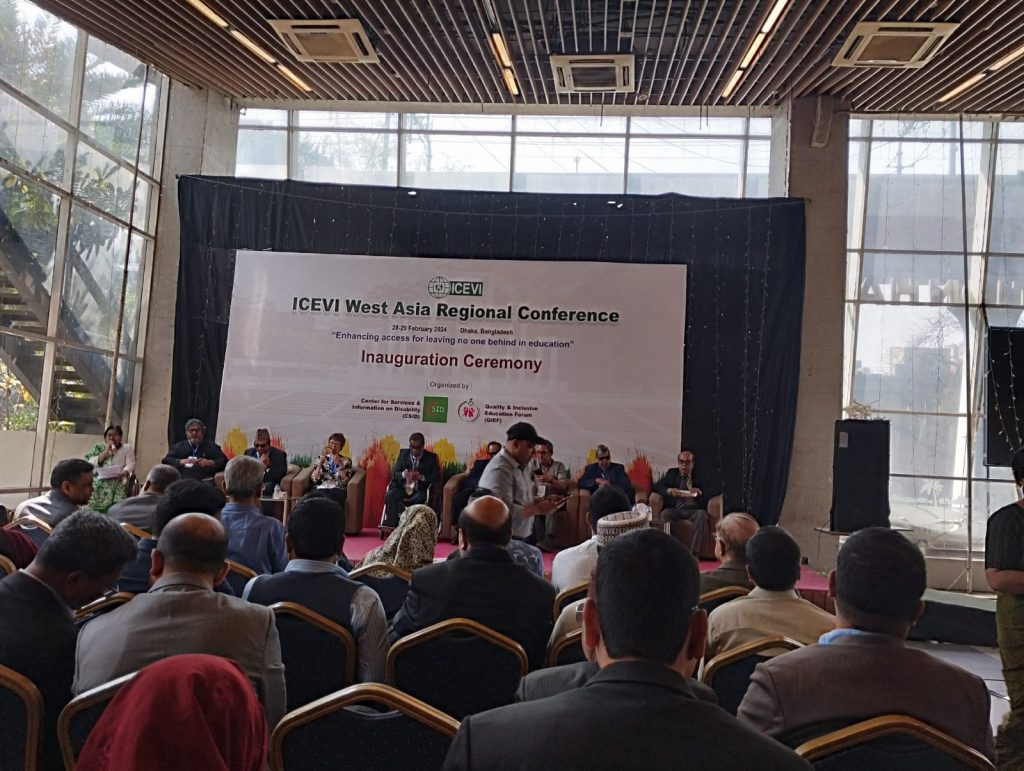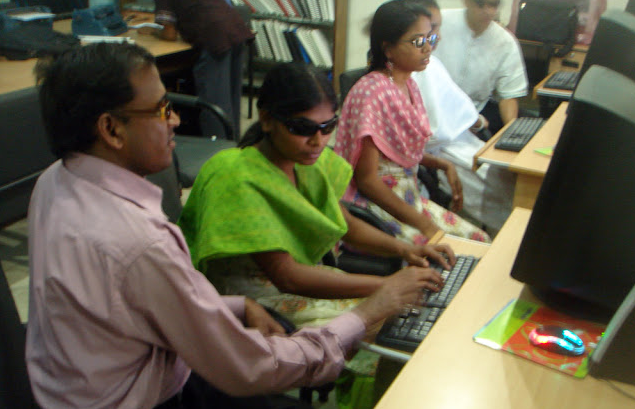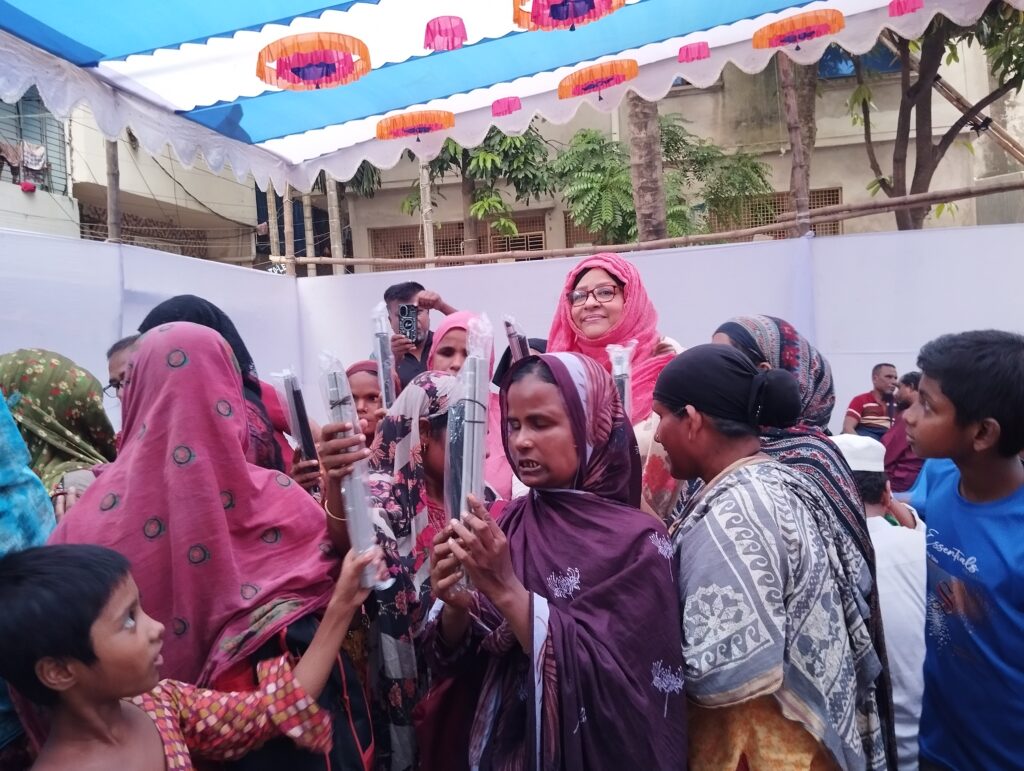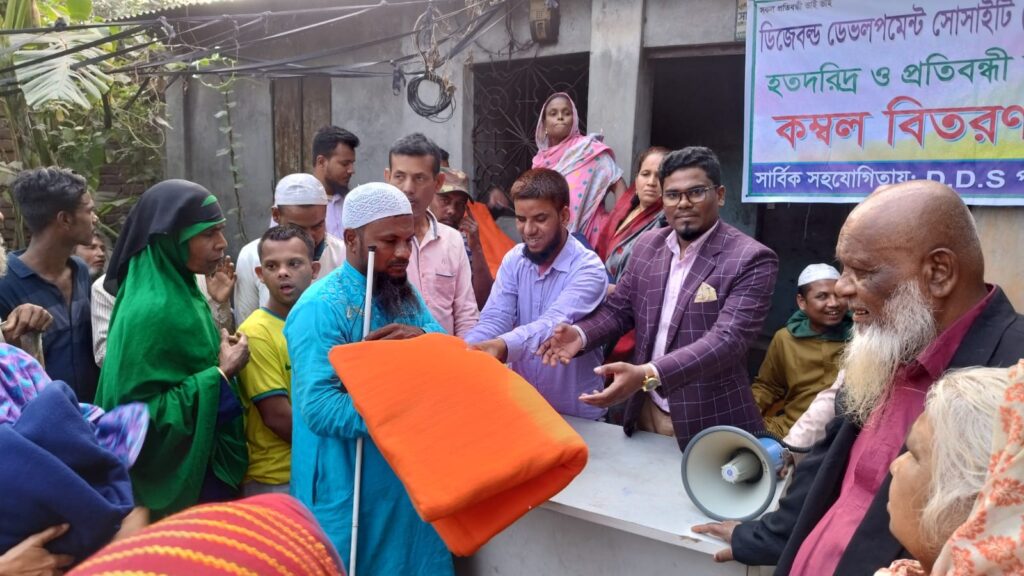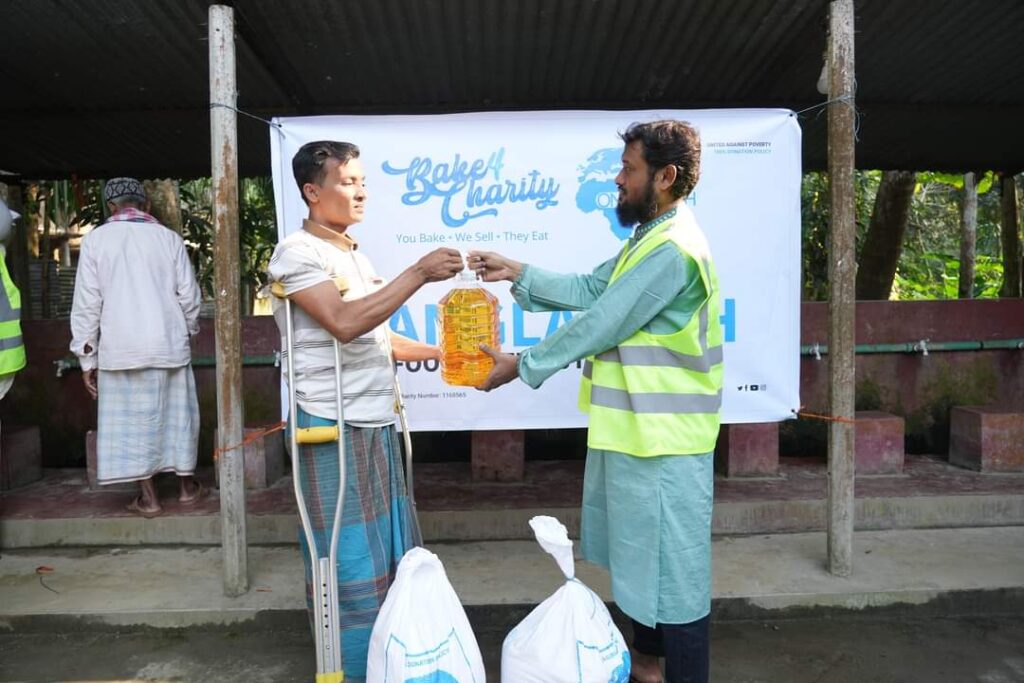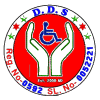DDS Disabled Community Development Program Empowering Lives, Building Inclusive Communities The Disabled Development Society (DDS) is deeply committed to uplifting the disabled community across Bangladesh through its Disabled Community Development Program. This flagship initiative aims to ensure that persons with disabilities are not only supported but empowered to lead independent, dignified, and productive lives. Program Overview DDS’s Disabled Community Development Program is a multi-dimensional initiative that addresses the social, economic, health, and educational needs of persons with disabilities. It operates through a community-based approach that focuses on inclusion, empowerment, and sustainability. Key Program Components 1. Self-Help Group FormationDDS facilitates the formation of self-help groups (SHGs) for disabled persons and their families. These groups foster unity, peer support, savings, and income-generating activities. 2. Inclusive Education SupportThe program ensures access to inclusive education for children with disabilities by providing learning materials, assistive devices, and teacher training to create a supportive school environment. 3. Skills Development and Vocational TrainingTo build economic resilience, DDS offers vocational training in areas such as tailoring, handicrafts, computer skills, goat rearing, and nursery management, enabling disabled persons to pursue self-employment or formal jobs. 4. Health and Rehabilitation ServicesDDS organizes health camps, primary healthcare access, distribution of assistive devices (wheelchairs, crutches, hearing aids), and physiotherapy sessions to improve the health and mobility of beneficiaries. 5. Human Rights and Legal AwarenessThrough advocacy and rights awareness programs, DDS educates the disabled community about their legal rights, protection laws, and available government services, encouraging civic engagement. 6. Climate Resilience and Disaster Risk ReductionThe program includes training on climate change adaptation, safe shelter awareness, and emergency response measures to protect disabled individuals during natural disasters. 7. Economic Empowerment and IGA SupportBeneficiaries receive support to launch small businesses or participate in income-generating activities, such as livestock farming or home-based crafts, along with seed capital and business guidance. 8. Social Inclusion and AdvocacyPublic campaigns, rallies, and community meetings help reduce stigma and promote social inclusion. DDS works closely with local authorities and stakeholders to advocate for accessible infrastructure and inclusive policies. Impact and Future Outlook DDS’s Disabled Community Development Program has touched the lives of thousands of disabled persons, transforming dependency into self-reliance. Beneficiaries have become leaders, entrepreneurs, students, and change agents in their communities. In the future, DDS aims to expand this program to more regions of Bangladesh, deepen partnerships with government and private sectors, and introduce digital platforms to increase accessibility and service delivery for the disabled community.
